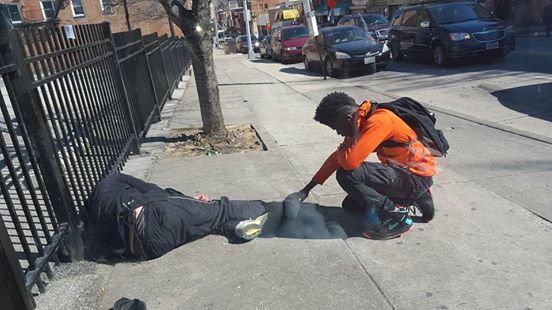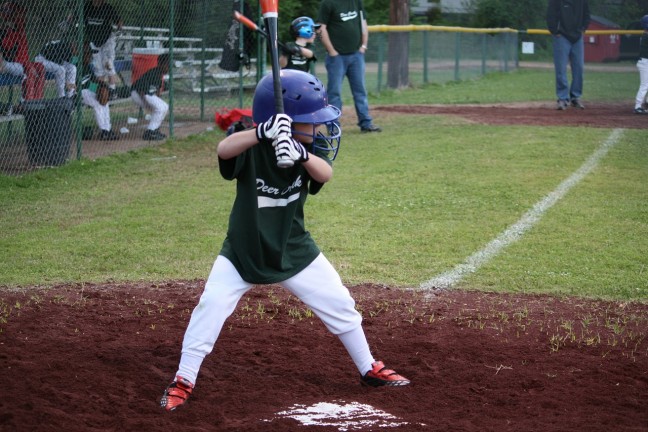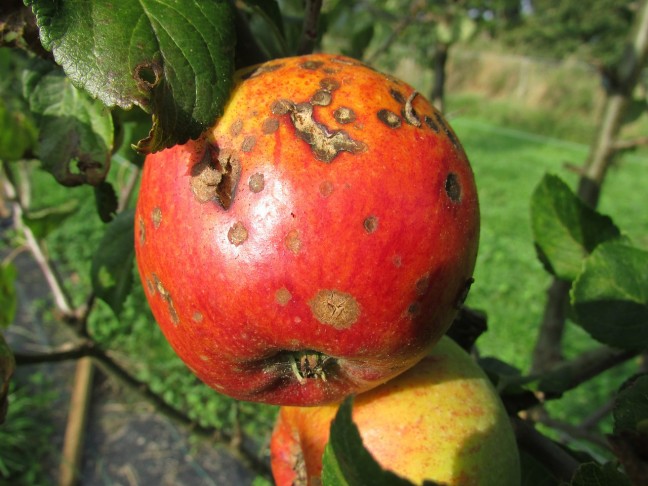There is a broken record that plays at our house, where both my young boys grab toys and hit and then blame the other brother for “starting it”: You are responsible for YOU. I don’t really care who started it. I care about my children learning to keep their hands to themselves and to respect other children’s persons and property, regardless of what happens to them. Parents, I’m sure you understand. This concept is not new.
Why, then, does this concept go out the window when it comes to modesty and sexual harassment; prevention of sexual assault and blaming the victim? When stories like this one show up, there is a great teaching opportunity for parents of both boys and girls. In this instance, I learn about a 15-year-old girl (whose photo, scraped from her Facebook page for the article, reveals a broad, generous smile, among other things) complained to an airline about being groped by a fellow passenger. She could provide insufficient evidence, no actual charges were brought, but the airline evidently responded in a letter: “The flight attendants and passengers also stated that you and your daughter were allowed to move to other seats several times, that Chelsea repeatedly moved in and out of her seat, crawling over the other customer who was attempting to sleep, and that your daughter wore extremely short shorts.”
I can see two equally likely scenarios that could have played out, and likely the truth, which we won’t ever know, is a mixture of the two. I can see a bubbly, well-endowed teenager in revealing clothing unable to sit still on the long flight, moving in and out, bumping against a passenger whose proximity is uncomfortable for her (who finds the proximity of fellow passengers on planes comfortable?) attempting to get a better seat by complaining to the airline. I can also envision a man capturing the opportunity afforded to him by the movements of his young, attractive seat mate, knowing it is difficult if not impossible for women to ever prove sexual harassment occurred. But really, the truth doesn’t matter to me, because I am not sitting in judgment of either individual (for which I am thankful) — what I care about as a parent is what I need to teach my children. You are responsible for YOU.
If you are sitting next to someone young, vulnerable, attractive, and no one is watching what you are doing: show deference, avoid looking at anything that would normally be covered up, and keep your hands to yourself. If you are young and attractive (or old and attractive, or female) dress and behave in a way that discourages or redirects sexual advances — not in short shorts. (Hmmm, I think that is the sound of the comment box filling with criticism and dissent.)
Hear me out: what I teach you, o daughters of mine, is not what I wish you had to know, but what I know you need to know. Is it fair that black mothers have to teach their black sons how to behave so that police don’t shoot them? No. But they do, because their sons need to know it. In the same way, women today need to know how to deflect negative sexual attention, and we all know that short shorts is not the way to do that. Can we please just acknowledge that modesty is a form of protection and prevention, without being accused of suggesting that an immodest woman is “asking for it”?
If you are reading this blog, you probably have teen-aged children. Whether they are boys or girls, please share a word with them about how to dress in the heat without risking their personal dignity, as well as how to interact with others in a world that does not live up to their high standards of what “should” or “shouldn’t” be okay in the clothing department.
 I read this great post by a dad who counsels a group of young people in recovery from drug addiction. He asked these kids recently: “How many of you have found yourself in situations where things started happening that you weren’t comfortable with, but you stuck around, mainly because you felt like you didn’t have a way out?” They all raised their hands!
I read this great post by a dad who counsels a group of young people in recovery from drug addiction. He asked these kids recently: “How many of you have found yourself in situations where things started happening that you weren’t comfortable with, but you stuck around, mainly because you felt like you didn’t have a way out?” They all raised their hands!
 parents
parents



